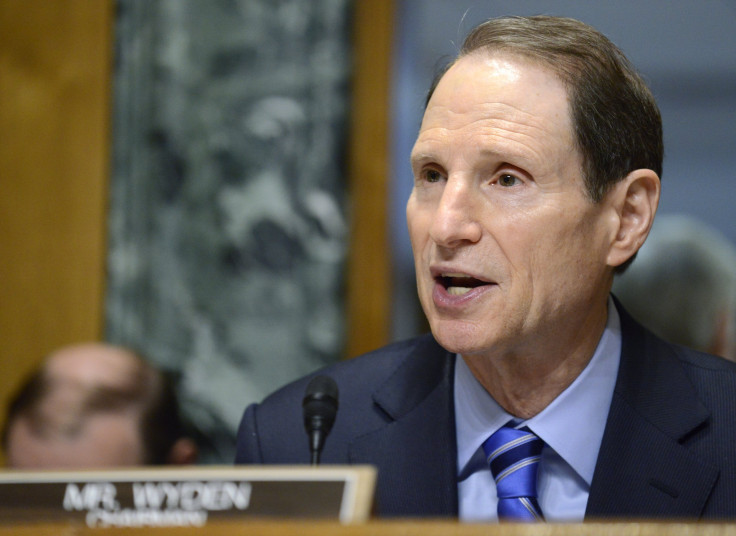GPS Act Would Restrict Cops’ Use Of ‘Stingrays’ And Other Phone Surveillance Tech

Law enforcement agencies throughout the U.S. could soon be forced to obtain a warrant before collecting location data from cell phones, GPS trackers and Stingrays, the broad category of surveillance technology that makes it possible for police to collect information from cell phones. That would be the result of a new, reintroduced law aiming to significantly restrict surveillance activity.
Known as the Geolocation Privacy and Surveillance (GPS) Act, the bill was reintroduced into the Senate and House of Representatives Tuesday by a bipartisan coalition of lawmakers led by Sen. Ron Wyden, D-Ore. It would make it necessary for police to get a warrant before using a third party such as a phone company or Stingray to obtain location information from an individual’s cell phone. It would also make it illegal for technology companies to share their data without prior approval.
“Buying a smartphone shouldn’t be interpreted as giving the government a free pass to track your movements,” Wyden, one of the GPS Act’s authors, said in a statement. “GPS data can be a valuable tool for law enforcement, but our laws need to keep up with technology and set out exactly when and how the government can collect Americans’ electronic location data.”
The bill failed to move forward in 2011 and 2013, but the reintroduction comes amid a surge of questions from judges and regulators about the use of Stingrays. By mimicking the signal that comes from cell phone towers, the technology makes it possible for police to sweep up metadata and location information, intercept text messages and obtain other capabilities that have alarmed privacy advocates.
Many local, state and federal police agencies using Stingrays first bought them with the stated intention to use them to fight terrorism. Since Stingrays have become more prominent, police have reluctantly admitted using them to investigate crimes including murder and cell phone robbery.
A November Wall Street Journal report revealed that the U.S. Marshals Service has flown Cessna airplanes equipped with Stingray-like devices known as “dirtboxes” in the sky over at least five major U.S. airports.
The U.S. Supreme Court unanimously ruled in 2012 that police must obtain a warrant before attaching a GPS device to a suspect’s car, but courts have since been split on which protections apply to tracking data from cell phones and other devices. “While we all want law enforcement agencies to use cutting-edge tools to catch criminals and protect our borders,” wrote Sen. John Tester, D-Mont., “Americans should not have to sacrifice their privacy rights in the process.”
© Copyright IBTimes 2024. All rights reserved.





















